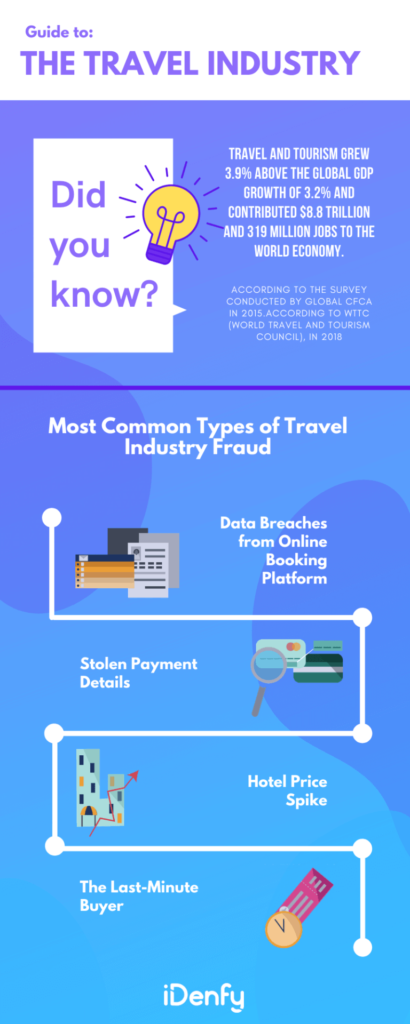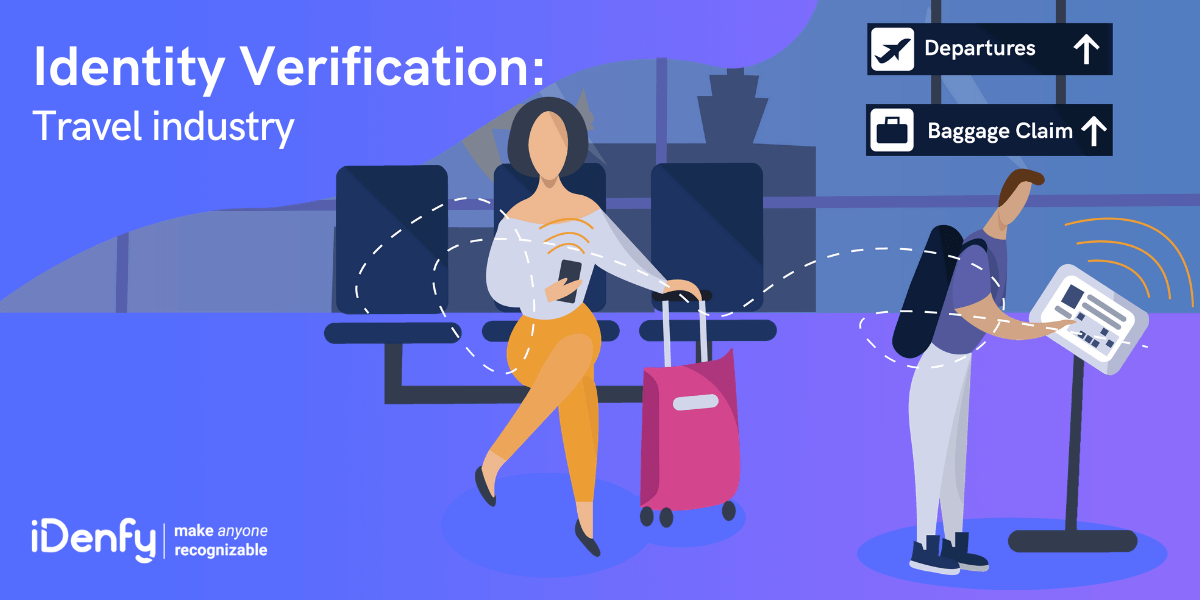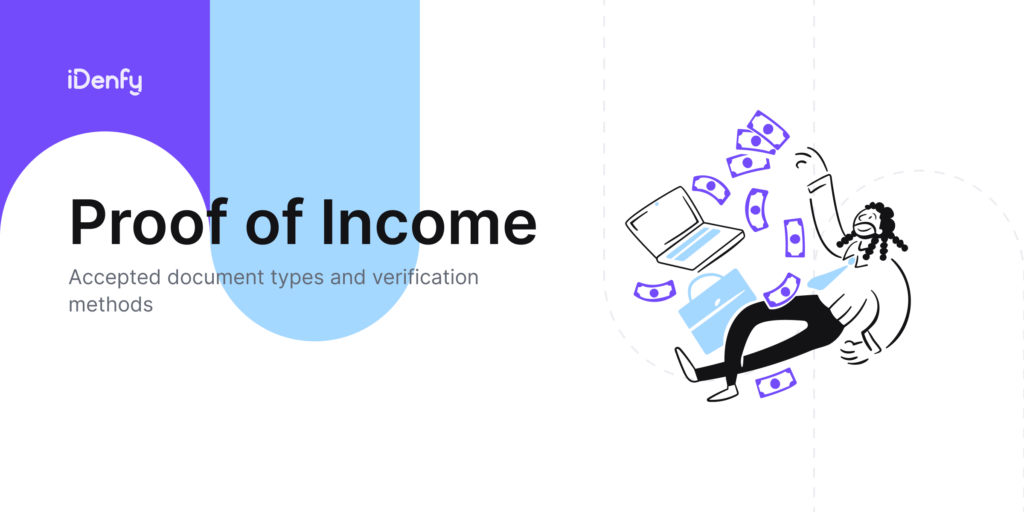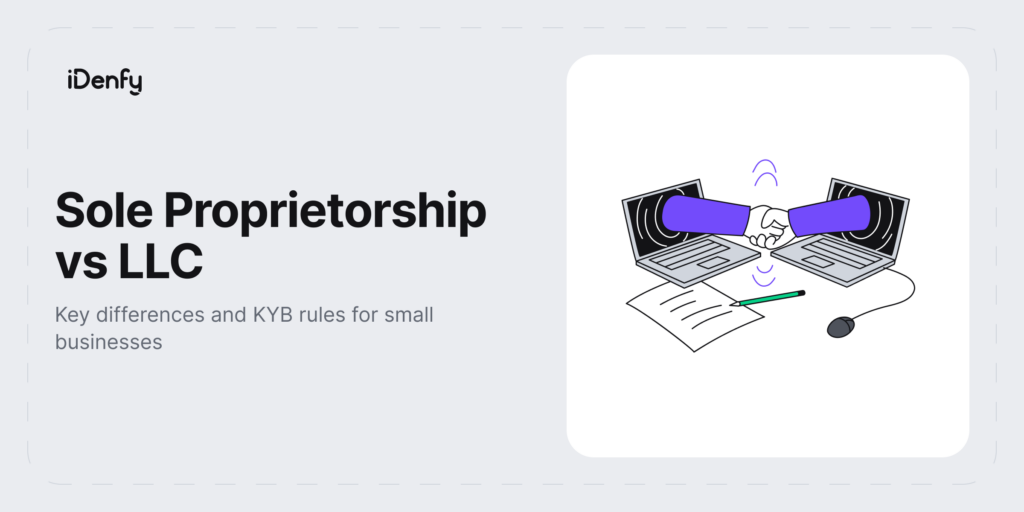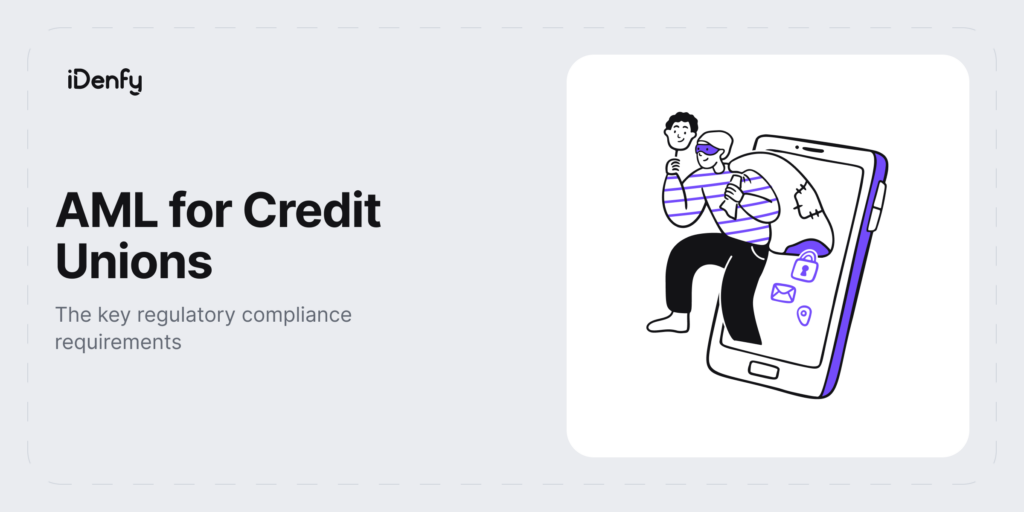It wouldn’t be wrong to say that the history of travel and tourism is as old as the human race itself. Traveling has been a favorite holiday activity for wealthy classes since ancient times. Traveling to distant parts of the world to see the artwork, experience new cultures, taste different cuisines, and relish pristine scenery was confined mainly to higher classes.
For many of us, experiencing new places and cultures is an essential aspect of our lives. Research indicates that travel can lower stress levels, enhance workplace productivity, and benefit our overall health.
In today’s post-pandemic landscape, safety and travel regulations hold even greater significance. That’s why it’s extremely important to choose companies that prioritize not only our comfort but also our safety when utilizing their services. This is where identity verification comes in handy.
The History of Tourism
However, if we discuss the origin of the tourism industry, international tourism became popular in the early 21st century. Today, the travel industry is one of the fastest-growing industries in the world. According to the World Travel and Tourism Council (WTTC), in 2018, travel and tourism grew 3.9% above the global GDP growth of 3.2% and contributed $8.8 trillion and 319 million jobs to the world economy.
With technological advancements, the industry has switched from physical to online. The technology has made it easier for travel firms to provide their customers with better service and security without requiring that much documentation. A survey reveals that around 82% of all travel bookings in 2018 were made online without human interaction via a website or app.
While digitalization has brought various positive changes to the industry, it has also increased fraud risks. In the travel industry, online scams come in different ways. As a result, the role of online identity verification in the travel industry has increased significantly.
We will discuss the benefits of identity verification in the industry, but before that, let’s get to know about some common fraud types in the travel industry.
Types of Fraud in the Travel Industry
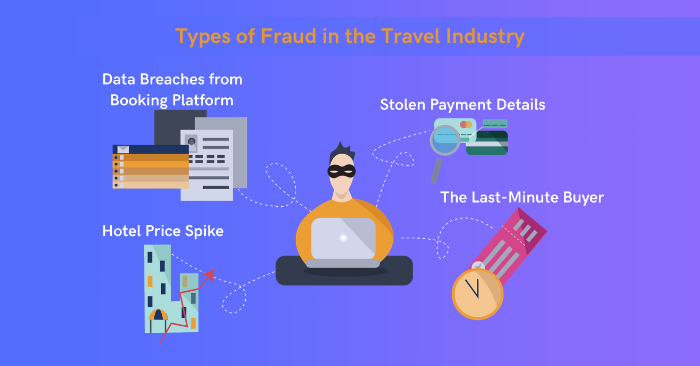
Over the past few years, the travel industry has become a popular destination for cybercriminals. Some common types of online fraud in the industry include:
1. Data Breaches from Online Booking Platforms
A data breach is a security incident in which cyber attackers access users’ crucial information from an online booking platform. In 2018, the famous travel booking website Orbitz revealed a security breach that happened in late 2017. The incident exposed the private data, including payment card details of thousands of customers.
A similar incident happened in April 2019. The ransomware attack hit the Cleveland Hopkins International Airport, disabled email systems, and knocked out some displays.
2. Stolen Payment Details
Stealing a traveler’s payment card details is one of the growing travel fraud trends. Hackers create different types of malware to steal credit card information. According to research conducted by the PYMNTS, impostors purchase air tickets or travel packages and then try to refund them on their credit cards. Sometimes, hackers use stolen payment credentials to book a trip online and resell that booking to someone else at a lower price.
3. Hotel Price Spikes
It’s a fraudster’s favorite trick to put online travel platforms and companies into trouble. This type of fraud involves collaboration between the fraudster and the hotel. What happens is the hotel raises its pricing, and then fraudsters will book rooms through an online travel company using stolen credit cards. Thus, the travel company will be responsible for paying the chargebacks of the higher pricing. Identity verification in the travel industry can help stop hotels from booking imaginary people with false documentation.
As per the report of the American Hotel & Lodging Association, around $5.2 billion was spent on fraudulent and misleading hotel bookings in just a single year.
4. The Last-Minute Buyer Scam
Some impostors take advantage of last-minute bookings by buying tickets with departures just 24 to 48 hours from their time of purchase, using a stolen credit. As such investments are short, airlines or travel agencies are unable to notice the fraudulent acquisition. Once a traveler has checked in for their flight, even a confirmed fraudulent ticket can’t be canceled. According to the International Air Transport Association (IATA), the cost of payment fraud to the airline industry is around $858 million each year.
5. Ticket and Voucher Fraud
Fraudsters may create counterfeit tickets or vouchers for various travel services, such as flights, tours, or events. Travelers may unknowingly purchase these fake tickets and vouchers, only to find out they are not valid when they arrive at their destination. To avoid this type of scam, stay informed about common fraud types in the travel and ticketing industry. Many event organizers and ticketing agencies publish information about known scams to help consumers make informed choices.
Benefits of Identity Verification for Travel Company
Over the years, biometric identity verification has become more popular in the travel industry to detect and prevent identity-related fraud. An identity verification system plays a significant role in creating trust between travel companies and customers. The companies associated with the industry can use identity verification to ensure customers’ safety and assets before, during, and after traveling.
Let’s take a look at some benefits of identity verification in the travel industry:
Only Legit Customers Can Use Your Platform
Whether you’re running an online travel company or selling online air tickets only, you must ensure that only genuine customers are using your platform. A proper identity verification setup can help you with this.
Fewer Documentation Requirements
Advanced identity verification solutions equipped with biometric technologies eliminate the need for travel companies to require any extra customer documentation for identification. They can verify the facial scan of their customers against any ID document using a facial recognition system. A survey concludes that such identity verification solutions can minimize customer check-in times at different checkpoints by 40%.
Customer Experience
An identity verification solution also helps you improve customers’ online experience. When your customers know you utilize state-of-the-art identity verification solutions, they won’t hesitate to buy your services and make payments through your online portal.
We can say the identity verification system’s role is crucial throughout a traveler’s entire journey – from travel package booking to terminal check-in to hotel check-in.
If you’re dealing with identity-related fraud, iDenfy can rescue you. By turning a device into an ID verification terminal and face recognition system, we can help businesses of different types reduce fraud and make the user identity recognition process exceptionally smooth.
You can book a meeting with us to learn more about our services.
This blog post was updated on the 19th of June, 2024, to reflect the latest insights.
